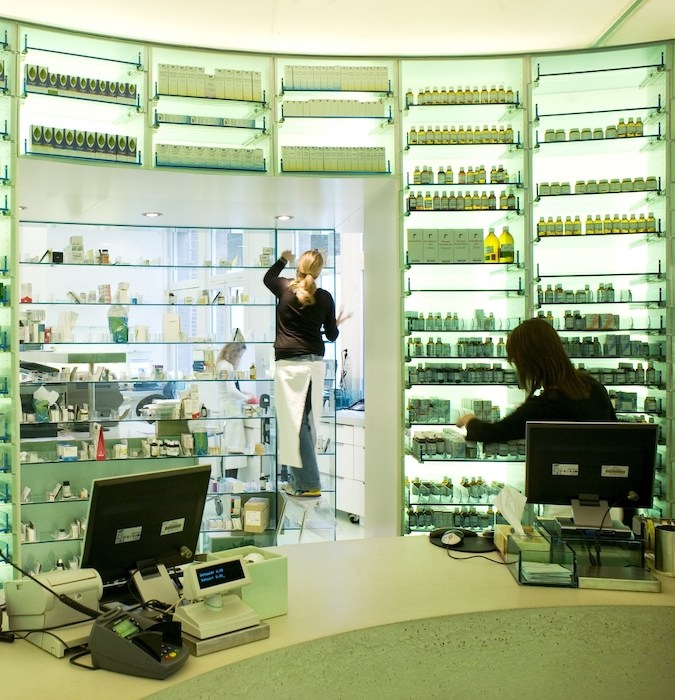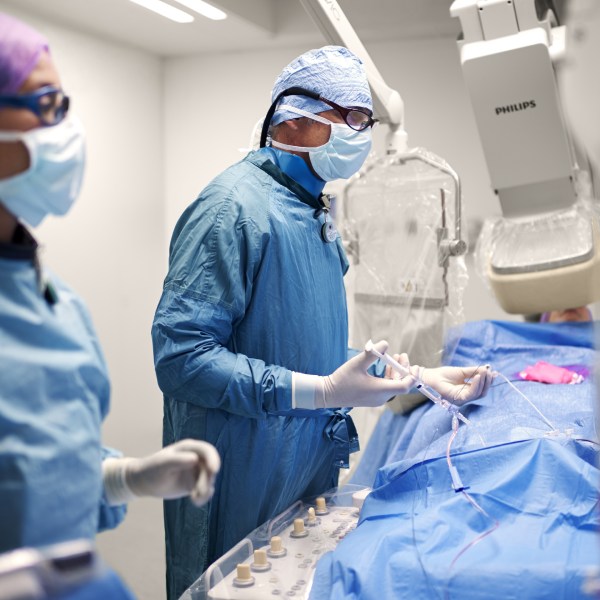Healthcare system
Quickly go to
- Taking out health insurance
- Registering with a doctor
- In case of an emergency
- Relevant information
- Discover what it's like to live in the Netherlands

To make health insurance accessible to all, taking out public health insurance is a right and an obligation to all who live permanently or work in The Netherlands. This keeps healthcare available and affordable and improves the overall quality of the care provided. There are lots of different insurance providers to choose from, each of which have slightly different coverage and insurance premiums, but in general you can expect to pay around €100 to €120 per month for a basic package. All health insurance packages carry an excess component (eigen risico, literally ‘own risk’), which means that you pay the first €385 of healthcare costs you incur per year yourself, although visits to your family doctor or GP (huisarts) are exempt from this. In addition to the basic package, all insurers offer supplemental packages to cover dentistry, physiotherapy, opticians’ appointments, and so on – these are optional extras. If you have children, you’ll be able to register them free of charge under your own health insurance until they reach the age of 18.
When coming from abroad, it can be a little overwhelming to choose a health insurance provider. If you’re working for a company in the Netherlands, they may have an agreement with a particular provider that gives you special rates. Alternatively, there are a number of insurance companies especially tailored to expats: check out Loonzorg and h4i. Once you've picked a provider and they’ve approved your application, you’ll receive a card and details of your policy.


Once you have your health insurance sorted out, the next step is to register with a doctor. If you’re not feeling well, your first point of contact in the Netherlands will likely be a general practitioner (GP) – known as the huisarts in Dutch. Everyone is free to choose their own GP and can register at their local surgery. Your GP can help you with all common medical conditions, and write out prescriptions that you can then pick up at your local pharmacy. In more complex cases, your huisarts may refer you to a specialist, sometimes at a hospital or another type of medical practice such as a physiotherapist. In addition to general hospitals, the Netherlands is also home to academic hospitals that specialise in specific fields. You can expect the highest level of medical care at both.
Since English is widely spoken in the Netherlands, there should be no problem seeing an English-speaking doctor – whether at your local GP’s practice or in a hospital. If you speak neither English nor Dutch, an interpreter may be an option. In most cases, when a doctor requests an interpreter, it’s covered by your insurance as it’s important that care providers communicate in a language that you can understand well.
If you ever find yourself in an emergency, call the Dutch general emergency phone number for fire, police, and ambulance services: 112.